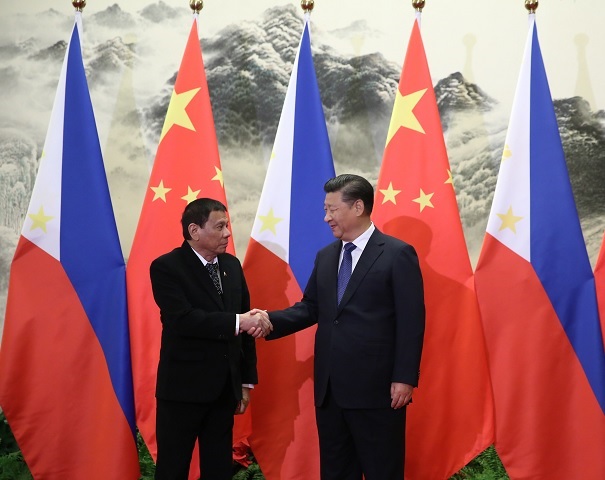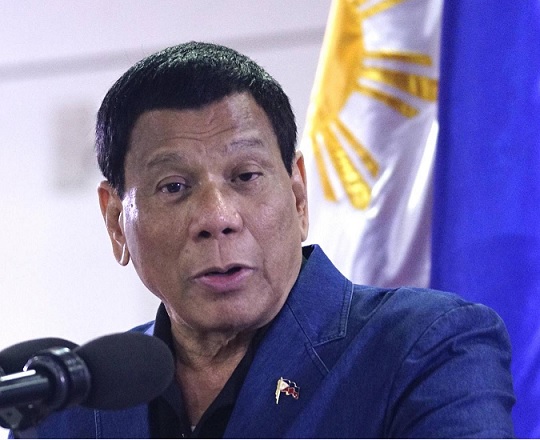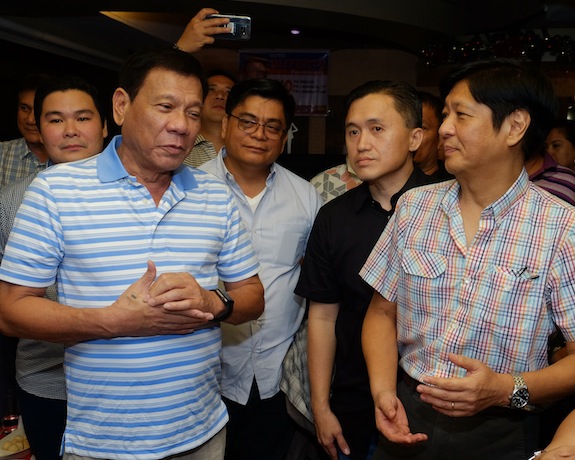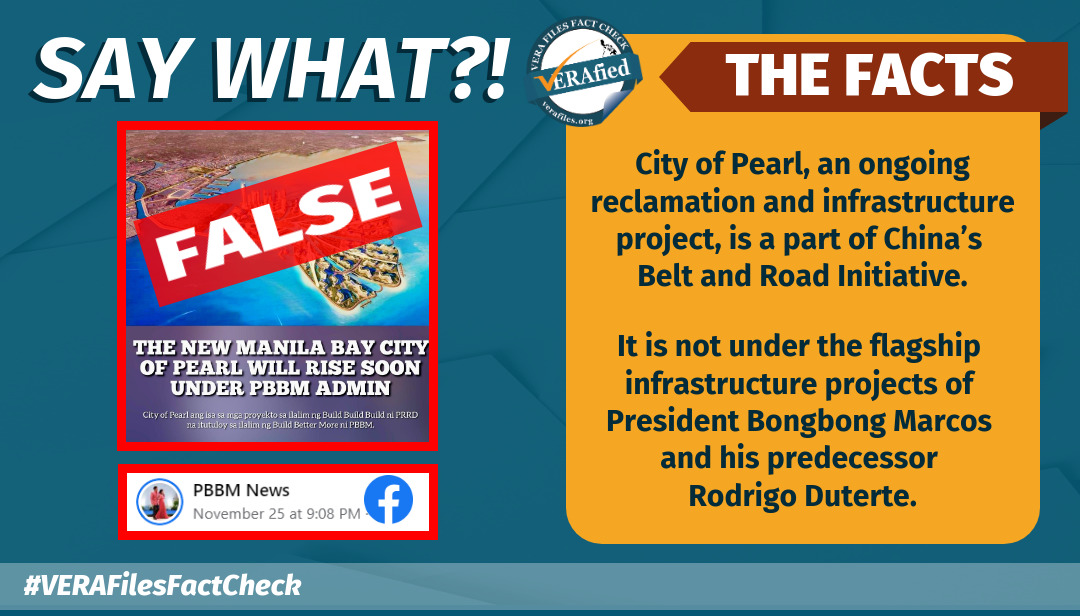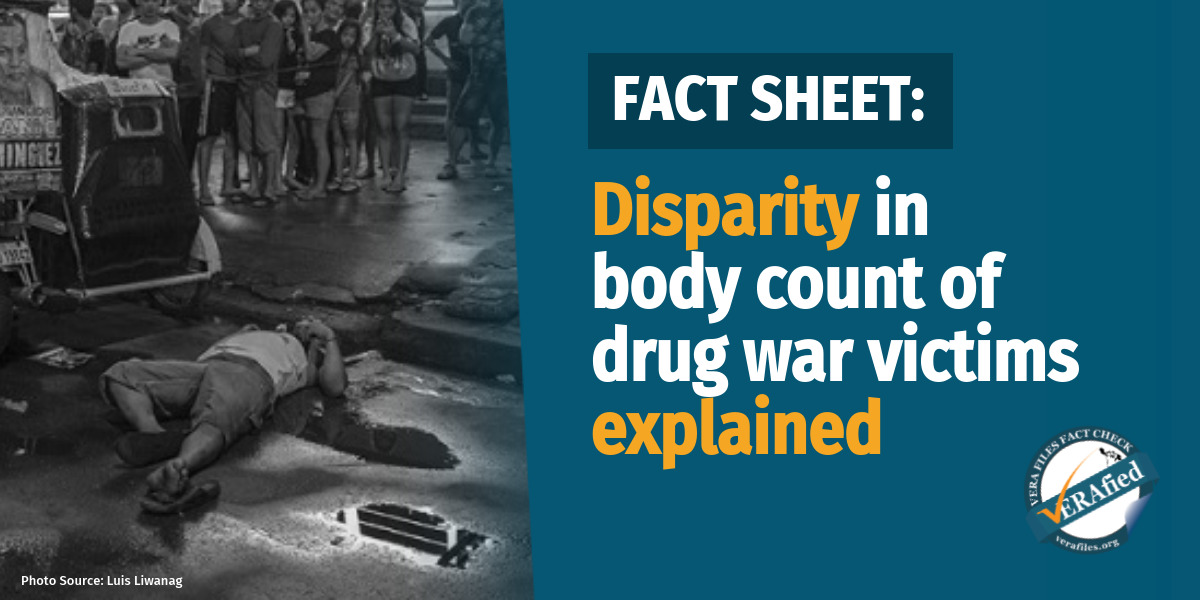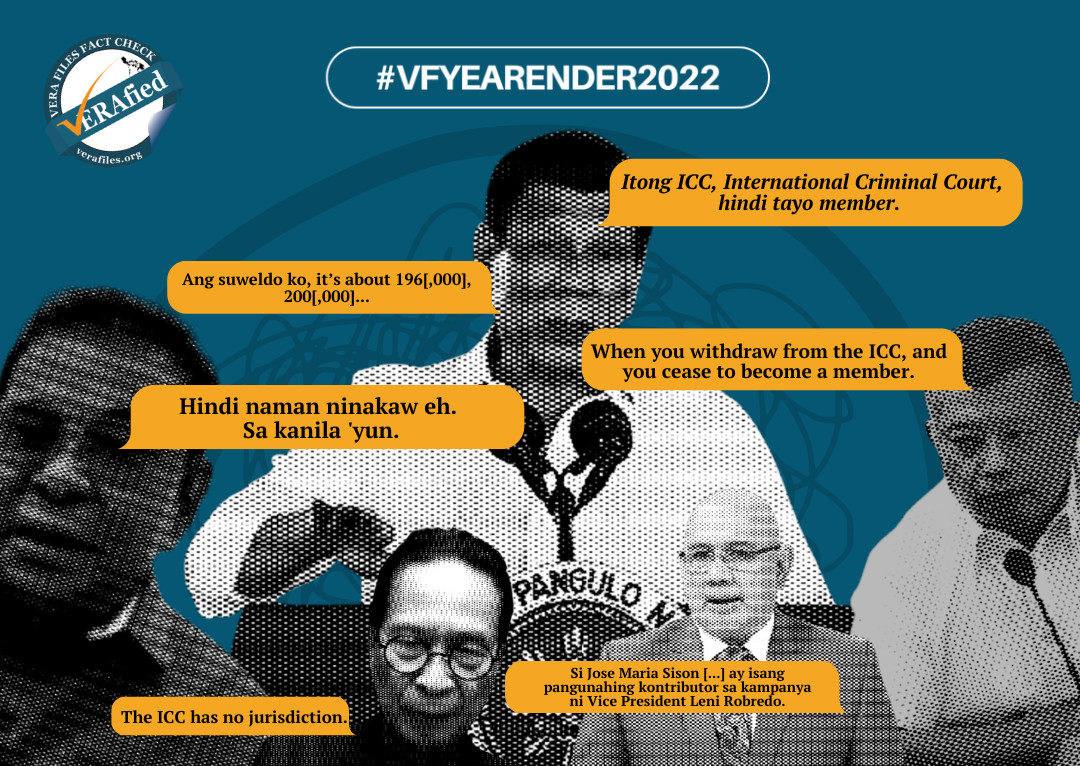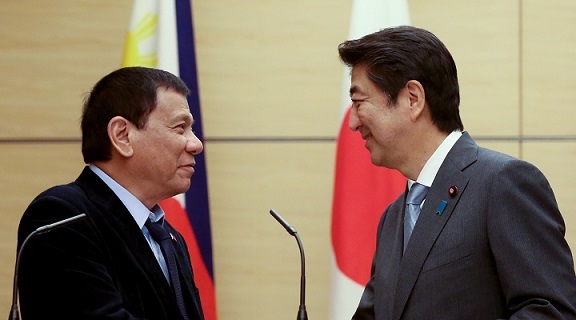
By ALBERTO ENCOMIENDA
FOREIGN policy has taken center stage at this early point in the Duterte administration. It should be no surprise inasmuch as since shortly before assuming the Presidency, President Rodrigo Roa Duterte has loudly made known that sea changes in foreign policy political/geopolitical direction of the country looms in the horizon, the basic premise of which is in regard to pursuing an independent foreign policy.
Something new has crept into the fog of war – in the war of words between the Philippines and a treaty ally of long standing with historic special relations. And it is about an alternative foreign policy proposition presented as an “interdependent foreign policy”.
An “interdependent” foreign policy is something new in diplomatic lingo, albeit beginning to resonate domestically. And this may be the wave of the future in international relations, whatever it may mean. At the present time, however, the Philippines would still have to be guided by the Constitutional prescription to pursue an independent foreign policy, which we never seem to know how to interpret for ourselves either, much less consciously implement.
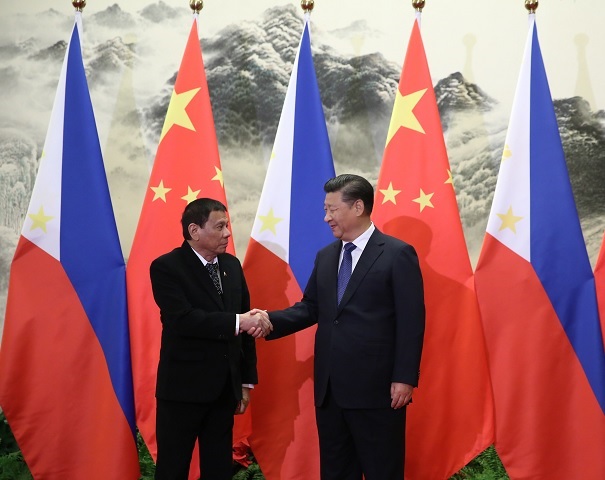
Understanding the Duterte foreign policy, whether towards an independent or interdependent foreign policy, one can offer a benign nationalistic thought that, after more than a century of humiliation the Philippines suffered under its almighty colonial and commonwealth master, President Duterte has only six years to work on his agenda for a more nationalistic and patriotic direction.
Pursuing an interdependent foreign policy with the United States, with all its historical baggage, the Philippines must be extremely wary against reverting to a one-way interdependence that is based on an ironclad and rock-solid commitment under a Mutual Defense Treaty that is not even mutual; and worse, already lapsed.
Perhaps we can start with divining what an interdependent foreign policy is.
At first glance it looks like nothing but a play of words. The current discourse among nations is that we are now in an interdependent world with intertwined or integrated international and regional economies, and facing common threats such as global warming that is causing “historical” disasters, and extreme terrorism and trans-border health concerns that must be addressed together among all nations.
Can “interdependence” also be the new direction for foreign policy? There is something to be said for this. After all, in the more distant past, the economic mantra for city or nation States was autarky or self-sufficiency or independence in economic/food security. Now the world economy, as said earlier, as well as soft security (such as disaster relief), is heading to be interdependent, intertwined or integrated. Would this work for foreign policy, now or in the near future?
Foreign policy should not be viewed as an interdependent or independent direction. Pursuing vital/core interests, a State at one point or another in its national journey, must balance, rebalance or pivot in its foreign policy direction, guided always by its own permanent interests.
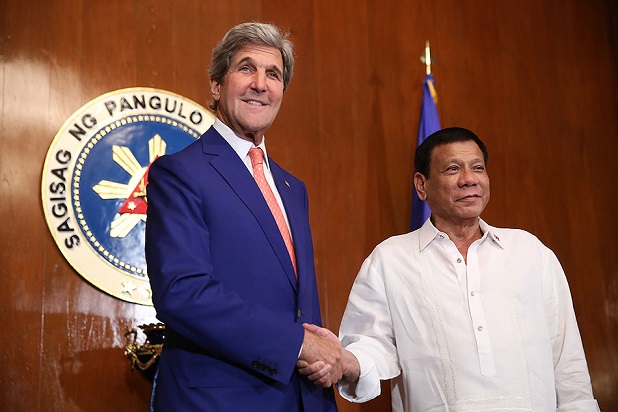
In this sense also, a so-called interdependent foreign policy may be oxymoronic. Economic/financial interests and new soft security threats may find commonality among a larger grouping of States, but seldom in regard to domestic policy and geo-political aspects which are by nature “selfies”. At least for now and the forseeable future, would it be possible to truly harmonize foreign policy that is by its nature a projection of domestic policy?
No doubt nations have historically “allied” for common interests. This is indeed an important mission and purpose of the United Nations Organization as defined in its Charter. It has in many ways commendably performed on economic, social and education issues through international organizations under its wing such as the IMO, UNESCO, etc. as “a center for harmonizing the actions of nations in the attainment of these common ends”. But foreign policy?
A final word on interdependent foreign policy. It would seem that the proposition was introduced in the current domestic narrative in order to plant the thought that, in a pivot to China, the Philippines must not abandon its BFF (best friends forever).
This clearly was not the intent of President Duterte for the simple reason that international relations never is a zero-sum game. Just as the South China Sea issues is not the sum total of Philippines-China relations, the PHL-USA Mutual Defense Treaty is not the sum total of Philippines-United States relations. And let us pray for the wisdom to know and be aware of the difference
Simplify the narrative : it is independent foreign policy that is mandated in the Constitution of the Philippines.
(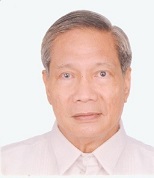 Alberto A. Encomienda was a career ambassador and served as Secretary General of the Maritime and Ocean Affairs Center of the Department of Foreign Affairs until he retired in 2009. He is now the executive director of the Center for Archipelagic and Regional Seas Law and Policy Studies, the “think tank” of Balik-Balangay. Balik-Balangay is a non-stock, non-profit conservation organization in the Philippines focusing on the marine environment and resources, and oceans law and policy. )
Alberto A. Encomienda was a career ambassador and served as Secretary General of the Maritime and Ocean Affairs Center of the Department of Foreign Affairs until he retired in 2009. He is now the executive director of the Center for Archipelagic and Regional Seas Law and Policy Studies, the “think tank” of Balik-Balangay. Balik-Balangay is a non-stock, non-profit conservation organization in the Philippines focusing on the marine environment and resources, and oceans law and policy. )
